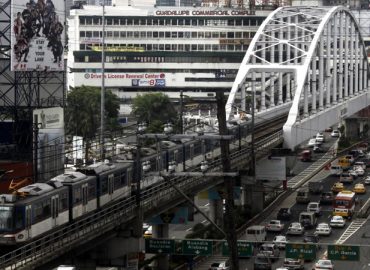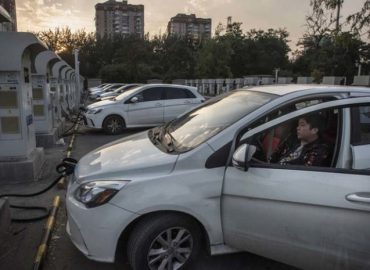By J.C. Lim, February 1 2019; Business World
https://www.bworldonline.com/world-bank-official-flags-impact-of-lack-of-competition-on-phl-economy/
Image Credit to The Guardian
LACK OF competition hinders the country from making significant progress in reducing poverty, according to an official from the World Bank.
“A striking fact about the Philippines economy is the contrast between the rapidity of growth and the slow pace of poverty reduction. There is fresh evidence that the slow pace of growth in real wage, which explains the slow pace of poverty reduction, is linked to limited competition,” Ndiame Diop, head of the World Bank Group’s Macroeconomics, Trade and Investment Global Practice, said at the Philippine Competition Commission’s Forum on Competition for Developing Countries held Friday in Quezon City.
“Economic theory has long predicted that lack of competition in product markets leads to weak competition in labor markets among firms, and this leads to weak demand and wage growth,” he added.
A June 2016 Poverty Assessment report by the World Bank showed that the Philippines managed to cut poverty reduction by an average of 0.9% annually from 2006 to 2015.
However, the country’s progress lagged from the 2% to 2.5% yearly rate that China and other Southeast Asian countries achieved during the period.
Citing as basis the product market regulation (PMR) indicators developed by the Organisation for Economic Co-operation and Development for the Philippines, Mr. Diop said the main areas of high product market restrictions for the Philippines are in the regulatory protection of incumbents; public ownership of firms in competitive sectors; and the administrative burdens on start-ups.
These areas with restrictions include barriers to foreign investments in utilities; price controls on more than 40 products deemed as staples; and cumbersome registration procedures for corporations that may discourage entry.
“While heavy market restrictions exist in most countries of the OECD sample, the Philippines is above the average of restrictiveness of those countries mapped in the dataset and more restrictive than comparators such as Romania, Poland and Chile,” Mr. Diop added.
The World Bank official, nevertheless, noted the progressive steps made by the government over the past year. — J.C. Lim


